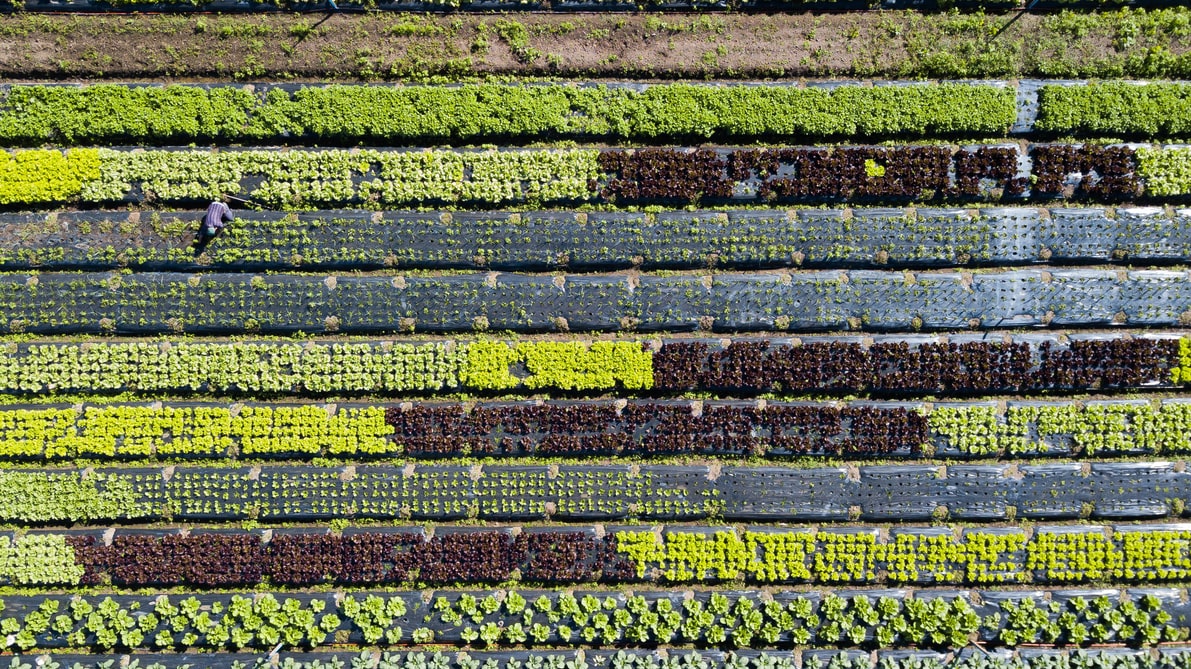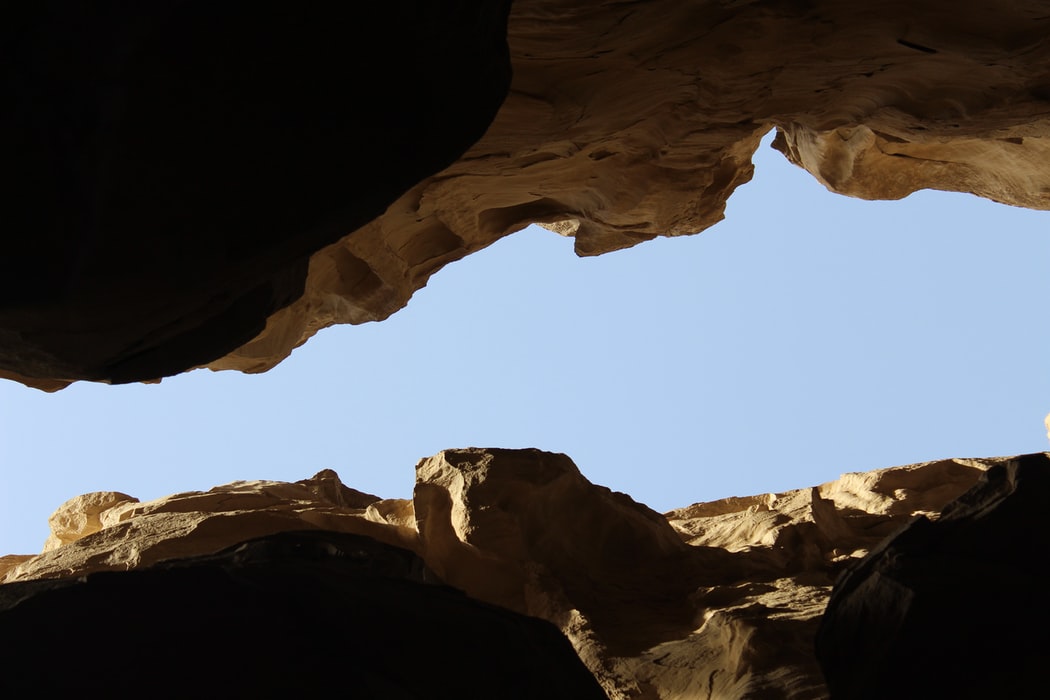The pandemic may often be seen as the obvious driver for recent declines in research collaboration, but it has in fact masked a series of fundamental challenges to international co-operation caused by the wider economic, social and political climate of the modern world.
According to an article published by nature in June, recent data has revealed that international collaboration, especially between China and the US, has continued to disintegrate over the course of several years. Moreover, the bitter “untrustworthiness” felt between these two giants has spiralled during the pandemic due to the major politicisation of vaccines and several investigations into the origins of the virus.
As nature points out:
“Successful collaboration relies on trust and long-standing relationships”.
As we begin to emerge from the restrictions of the pandemic, it is incumbent on global leaders to collaborate more effectively and openly in order to build back better. This is especially made clear by the “code red” climate crisis facing the planet (IPCC, August 2021), which, augmented by the near-daily set of extreme climate events such as yesterday’s Algerian wildfires, has served as perhaps the starkest wake-up call yet to a truly global crisis.
Given the febrile geopolitical climate, there is much work that needs to be done to realise this; however the high-quality research that is essential to solving social, economic and environmental challenges, has nevertheless continued apace, if in greater isolation.
The world needs ways to expose this research and make it accessible, irrespective of where it has been carried out.
Technology is the most obvious vehicle to do this – supported by the breakneck pace of the modern age, digital collaboration tools are evolving exponentially across several frontiers. A recent survey conducted at Vertigo Ventures over April and May 2021 illustrated that due to the pandemic, 70% of global respondents anticipate the adoption of new forms of collaboration technology, indicating that there is a hungry appetite for the continuous development of varied approaches to collaboration.
We can then look to the synergistic benefits of combining expert, relevant knowledge when it comes to research, helping to speed up progress given the severity of the climate situation as well as growing inequalities driven by the pandemic. Dissolving the geographic barriers that have traditionally hampered research efforts will play a key role, as well as democratising access to research between different cultures, perspectives and backgrounds, especially given the differing impacts of the pandemic and the diverging research focuses of different regions.
Of course, working towards solving those challenges outlined by the IPCC will also necessarily drive progress towards the UN’s SDGs , which provides a net benefit to the world.
 Photo by Joao Vitor Marcilio on Unsplash
Photo by Joao Vitor Marcilio on Unsplash
The case for democratising research continues to be strongly made.
Earlier this year, the AESIS Impact of Science Conference illustrated many of the challenges faced by researchers in Africa. For example, although South Africa is a world leader in fields such as nanotechnology, astronomy and infectious diseases, Global South research is nonetheless deemed less prestigious than Global North – despite the obvious benefits of leveraging top-quality research into these areas.
This kind of research already exists and continues to be developed worldwide – and in order to prevent the apocalyptic predictions of the IPCC report, new collaboration methods are required to connect relevant experts and relevant work, irrespective of socioeconomic or geopolitical challenges.
Academics are already starting to use new tools to achieve this, such as TrackImpact.org – the global collaboration platform for accelerating positive social, economic and environmental change.
Through the platform, research projects can be published with SDG progress and evidence clearly displayed, helping to mollify trust challenges between different countries – and cross-sector collaboration can be facilitated from any location in the world. All projects use consistent, tried-and-tested metrics to clearly demonstrate their real-world social, economic and environmental impact, allowing relevant experts in relevant fields to identify how they can best help drive this SDG progress.
Header photo by Farnoosh Abdollahi on Unsplash
JOIN OUR MAILING LIST
and keep up-to-date with everything impact related.

